Contact
Address
14337 COMMERCE WAY
MIAMI LAKES FL 33016

Providing clients with ultimate bespoke representation, customized marketing strategy, and white-glove service. Excelling in exceeding expectations for buyers, sellers, investors, and beyond.
Get to Know US
Browse Our
Explore our active properties below or contact us to schedule a private showing.
 For Sale
For Sale
$6,495,000
13441 Mustang Trl, Southwest Ranches, FL 33330
 For Sale
For Sale
$1,999,999
2572 NE 182nd Ter, North Miami Beach, FL 33160
 For Sale
For Sale
$1,299,999
15200 SW 81st Ave, Palmetto Bay, FL 33157
 For Sale
For Sale
$1,299,000
15974 SW 16th St, Pembroke Pines, FL 33027
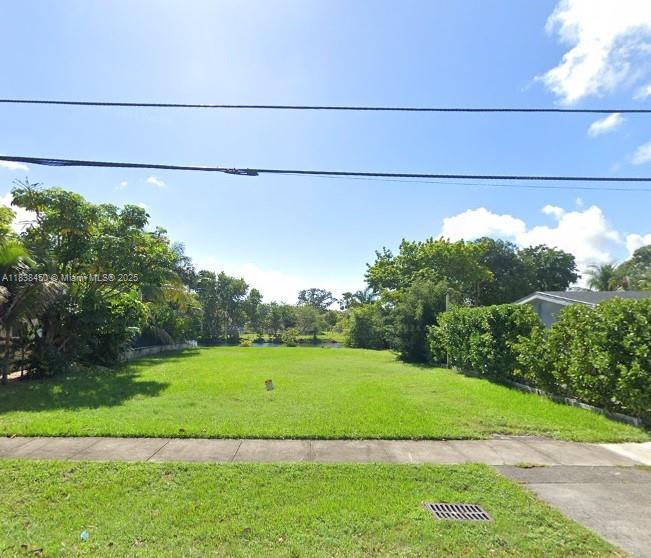 For Sale
For Sale
$749,900
305 SW 5th St, Hallandale Beach, FL 33009
 For Sale
For Sale
$584,900
530 7th ST SW, Naples, FL 34117
 For Sale
For Sale
$584,900
530 7TH ST SW, Naples, FL 34117
 For Sale
For Sale
$499,900
19690 SW 206th St, Miami, FL 33187
 For Sale
For Sale
$476,900
218 Nanette Dr, Orlando, FL 32839
 For Sale
For Sale
$399,000
11805 SW 245th Ter, Homestead, FL 33032
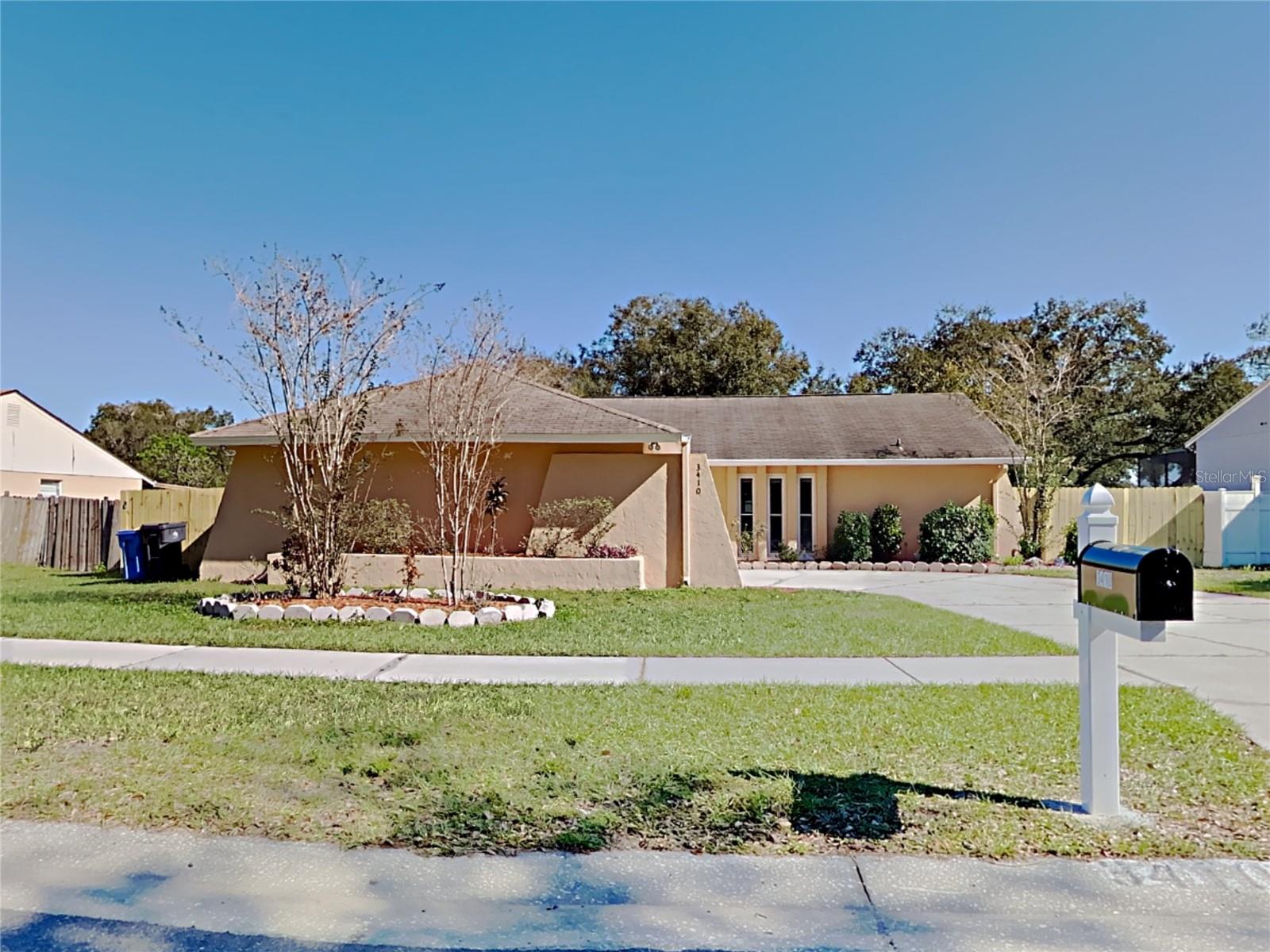 For Sale
For Sale
$385,000
3410 KING RICHARD CT, SEFFNER, FL 33584
 For Sale
For Sale
$379,900
3039 NW 6th CT, Cape Coral, FL 33993
 For Sale
For Sale
$365,000
1754 POINT O WOODS CT, MOUNT DORA, FL 32757
 For Sale
For Sale
$360,000
4269 FLINT DR, NORTH PORT, FL 34286
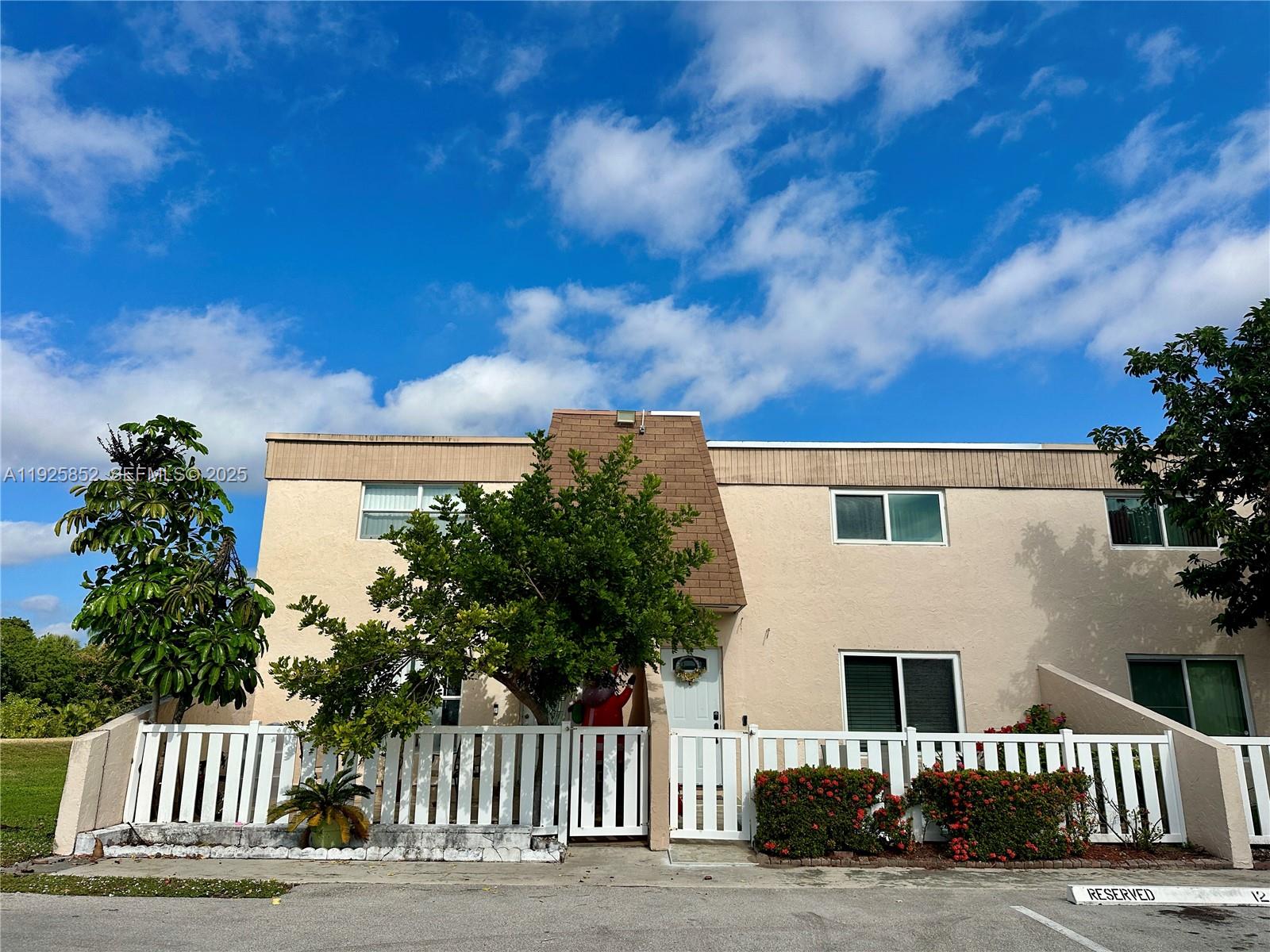 For Sale
For Sale
$359,999
8091 NW 12th St # A, Margate, FL 33063
 For Sale
For Sale
$350,000
6215 65TH PL E, PALMETTO, FL 34221
 For Sale
For Sale
$350,000
Private Address
 Pending
Pending
$345,000
47 ALTERA CT, KISSIMMEE, FL 34758
 For Sale
For Sale
$340,000
177 TORTUGA CT, DAVENPORT, FL 33837
 For Sale
For Sale
$340,000
5129 Baron ST, Lehigh Acres, FL 33971
 For Sale
For Sale
$339,900
904 Asher ST E, Lehigh Acres, FL 33974
 For Sale
For Sale
$339,900
904 ASHER ST E, Lehigh Acres, FL 33974
 For Sale
For Sale
$335,000
13307 WATERFORD CASTLE DR, DADE CITY, FL 33525
 For Sale
For Sale
$334,900
1245 Echard ST E, Lehigh Acres, FL 33974
 Pending
Pending
$330,000
5120 VIOLET LN, KISSIMMEE, FL 34758
 For Sale
For Sale
$325,000
3606 HARVEST ORCHARD DR, PLANT CITY, FL 33567
 Pending
Pending
$315,000
1305 24TH ST E, PALMETTO, FL 34221
 Pending
Pending
$315,000
718 PALMERA ST, ORLANDO, FL 32811
 Pending
Pending
$310,000
1150 SW 6th Ct, Florida City, FL 33034
 For Sale
For Sale
$309,999
3002 63rd ST W, Lehigh Acres, FL 33971
 For Sale
For Sale
$309,999
3002 63RD ST W, Lehigh Acres, FL 33971
 For Sale
For Sale
$305,000
761 Puccini AVE S, Lehigh Acres, FL 33974
 For Sale
For Sale
$304,999
749 Roma AVE S, Lehigh Acres, FL 33974
 For Sale
For Sale
$304,999
749 Roma AVE S, Lehigh Acres, FL 33974
 Pending
Pending
$304,900
3411 62nd ST W, Lehigh Acres, FL 33971
 For Sale
For Sale
$300,000
2533 CINCINNATI ST, NORTH PORT, FL 34286
 For Sale
For Sale
$295,000
4067 BULA LN, NORTH PORT, FL 34287
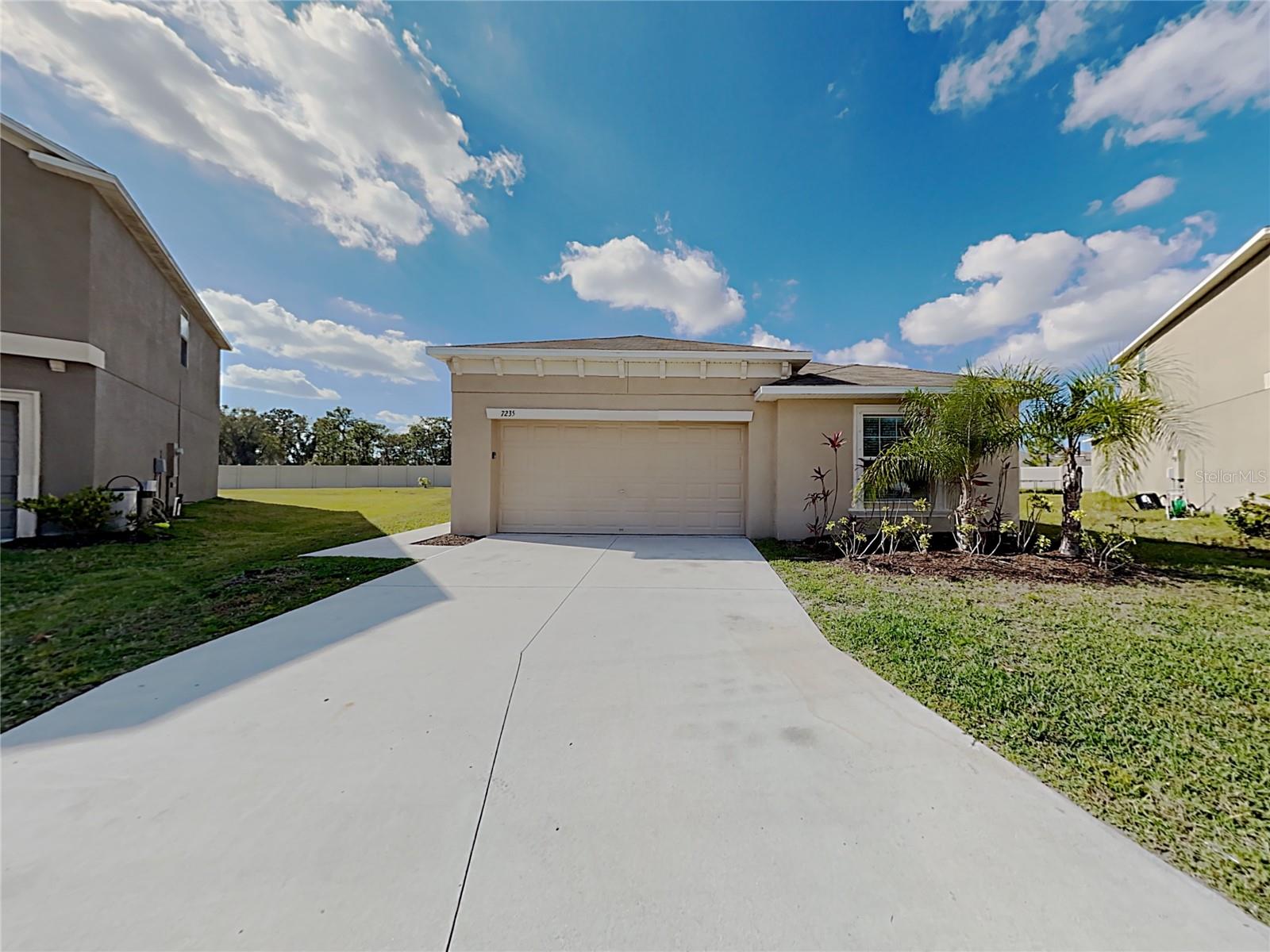 For Sale
For Sale
$295,000
7235 SOMERSET POND DR, RUSKIN, FL 33573
 For Sale
For Sale
$290,000
2799 STRAWBERRY TER, NORTH PORT, FL 34286
 For Sale
For Sale
$286,900
2107 Jefferson AVE, Alva, FL 33920
 For Sale
For Sale
$285,000
3111 62nd ST W, Lehigh Acres, FL 33971
 For Sale
For Sale
$274,999
2916 51ST ST SW, Lehigh Acres, FL 33976
 For Sale
For Sale
$274,999
2916 51st ST SW, Lehigh Acres, FL 33976
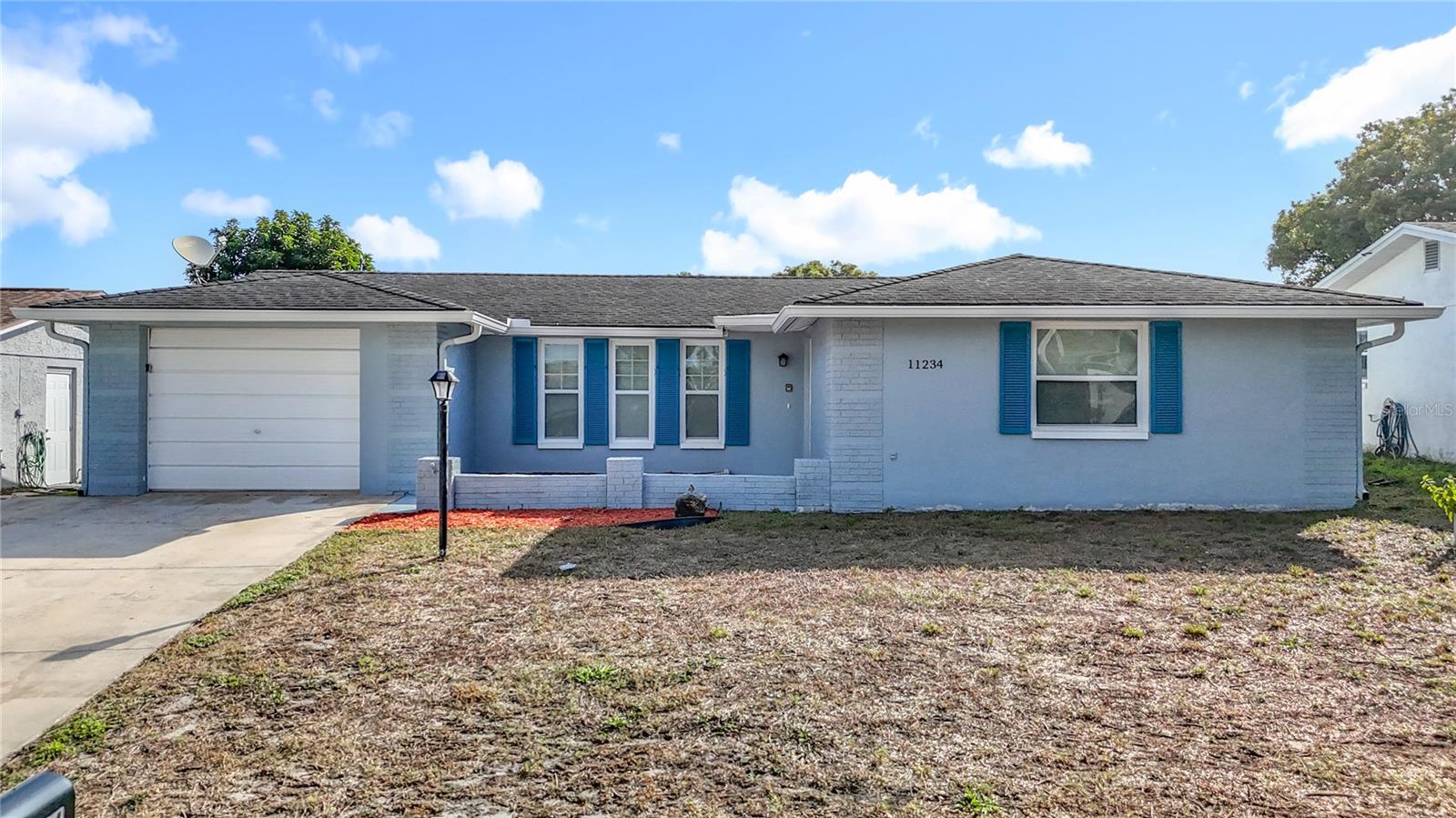 Pending
Pending
$250,000
11234 YEWTREE AVE, PORT RICHEY, FL 34668
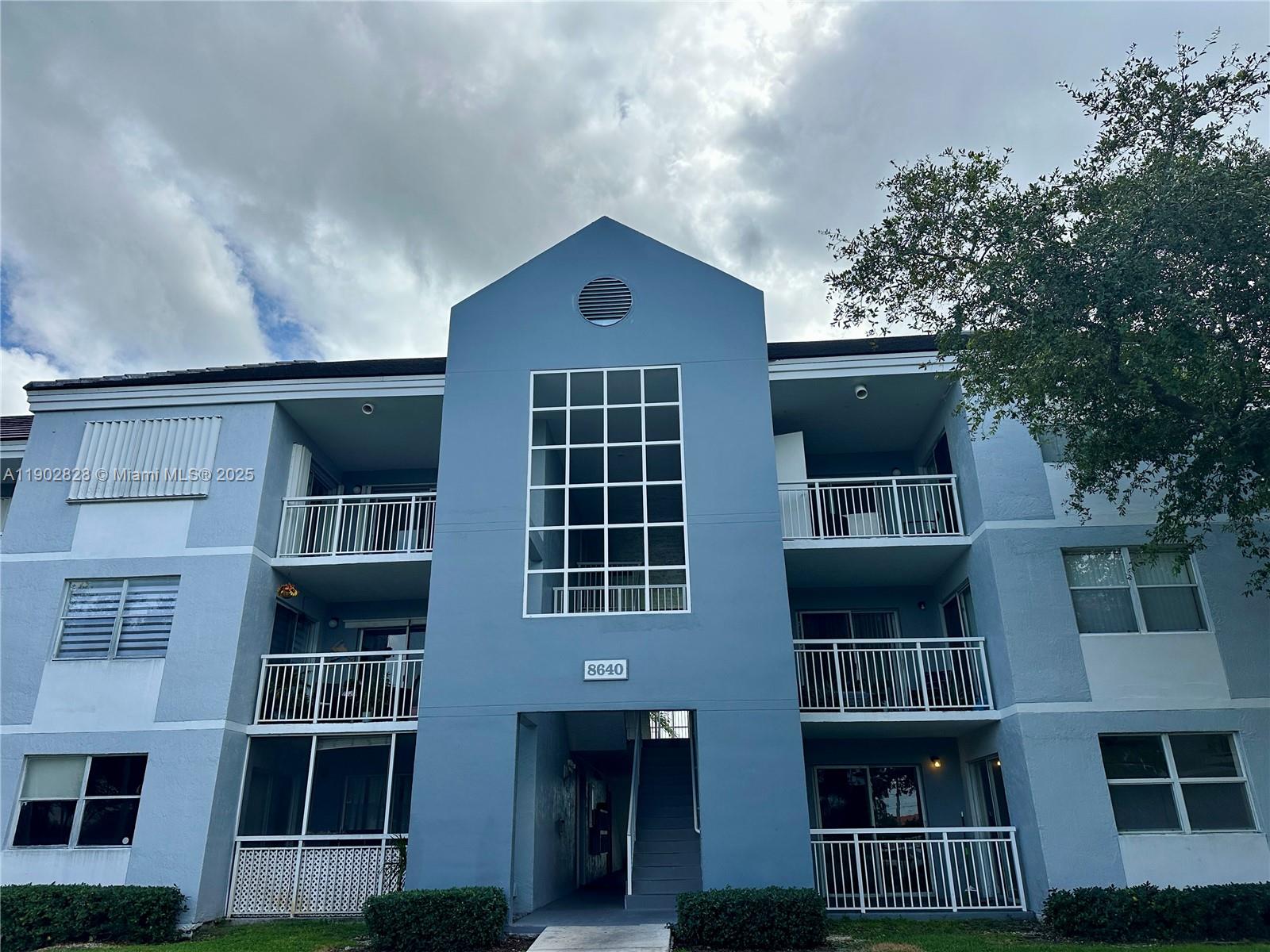 Pending
Pending
$239,900
8640 SW 212th St # 307, Cutler Bay, FL 33189
 Pending
Pending
$235,000
12031 VICTORY DR, HUDSON, FL 34667
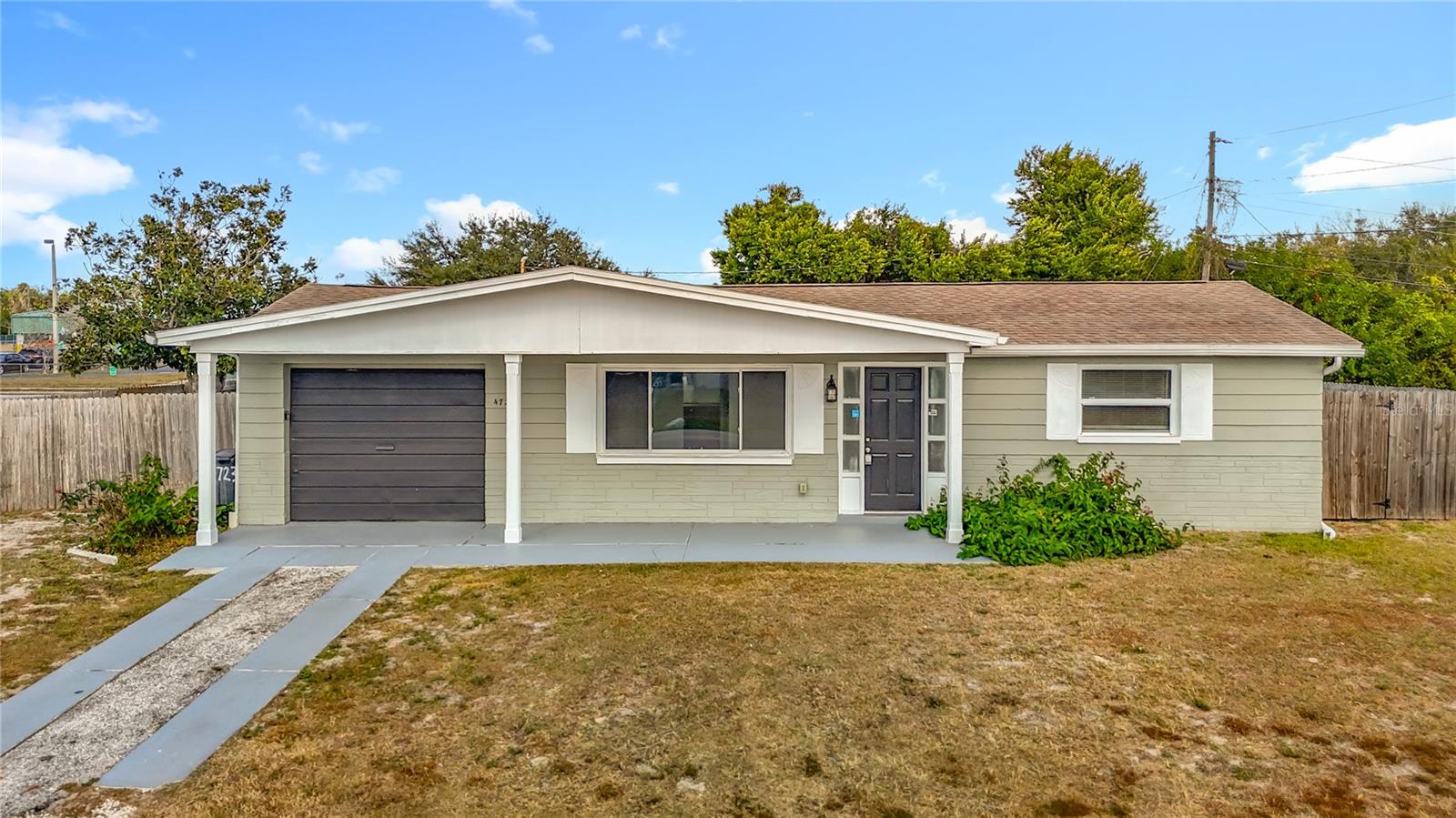 For Sale
For Sale
$210,000
4723 AEGEAN AVE, HOLIDAY, FL 34690
 For Sale
For Sale
$149,900
1050 Hancock Creek South BLVD 203, Cape Coral, FL 33909
 For Sale
For Sale
$144,900
1050 Hancock Creek South Blvd # 203, Cape Coral, FL 33909
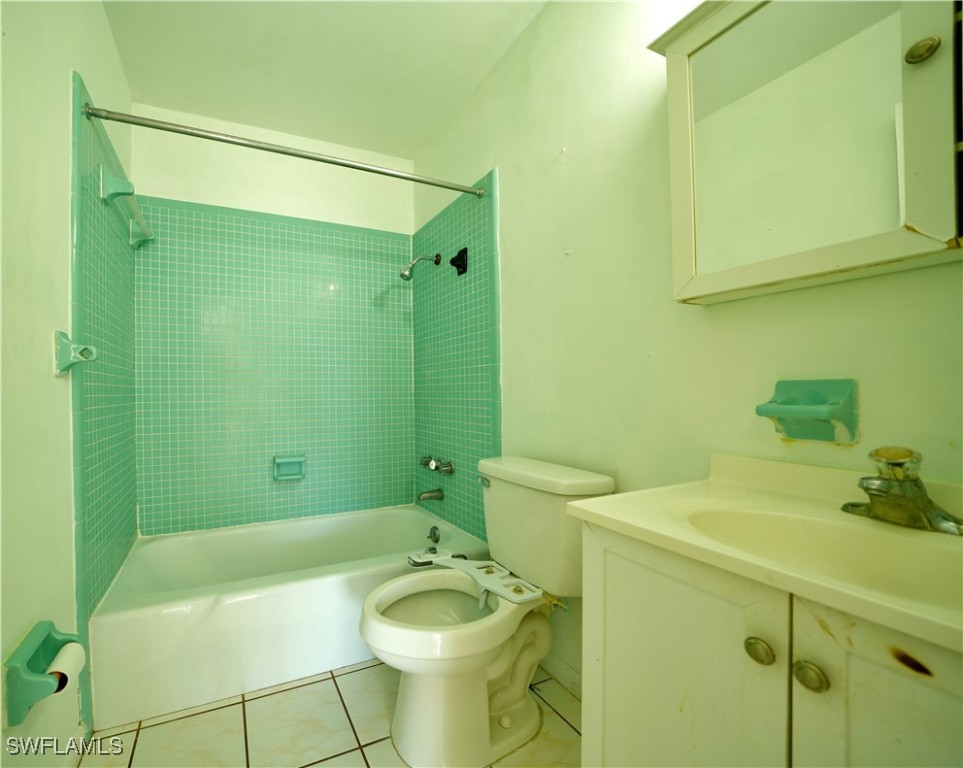 For Sale
For Sale
$85,000
720 Joel BLVD E, Lehigh Acres, FL 33936
Areas of Expertise
Browse our lifestyle guides to learn about the best neighborhoods for you.
REAL ESTATE INSIGHTS
View our latest blog posts about real estate and much more below.

Dania Perez



Dania Perez

Dania Perez

Dania Perez




Dania Perez


Dania Perez





Dania Perez

Dania Perez

Dania Perez

Dania Perez

Dania Perez

Dania Perez

Dania Perez

Dania Perez

Dania Perez

Dania Perez

Dania Perez

Dania Perez

Dania Perez

Dania Perez

Dania Perez

Dania Perez

Dania Perez

Dania Perez

Dania Perez

Dania Perez

Dania Perez

Dania Perez

Dania Perez

Dania Perez


Dania Perez

Dania Perez

Dania Perez

Dania Perez

Dania Perez

Dania Perez

Dania Perez

Dania Perez

Dania Perez

Dania Perez

Dania Perez

Dania Perez

Dania Perez

Dania Perez

Dania Perez

Dania Perez

Dania Perez

Dania Perez

Dania Perez

Dania Perez

Dania Perez

Dania Perez

Dania Perez

Dania Perez

Dania Perez

Dania Perez

Dania Perez

Dania Perez

Dania Perez

Dania Perez

Dania Perez

Dania Perez

Dania Perez

Dania Perez

Dania Perez

Dania Perez

Dania Perez

Dania Perez

Dania Perez

Dania Perez

Dania Perez

Dania Perez

Dania Perez

Dania Perez

Dania Perez

Dania Perez

Dania Perez

Dania Perez

Dania Perez

Dania Perez

Dania Perez

Dania Perez

Dania Perez

Dania Perez

Dania Perez

Dania Perez

Dania Perez

Dania Perez

Dania Perez
Stay up-to-date with exclusive news and market updates in Florida.

14337 COMMERCE WAY MIAMI LAKES FL 33016
14337 COMMERCE WAY MIAMI LAKES FL 33016

